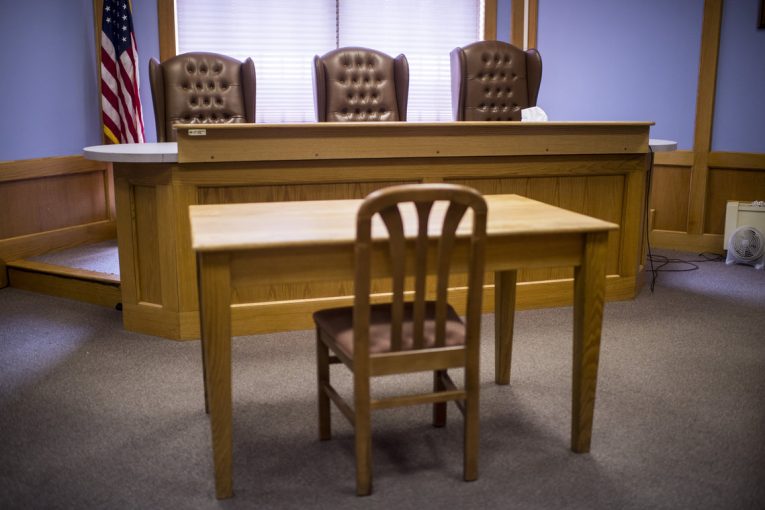

By Ayanna Gandhi
SACRAMENTO – A prison “snitch” would no longer be able to testify in parole hearings, according to a measure, authored by Sen. Nancy Skinner (D), approved by the Senate Public Safety Committee.
SB 1064 is designed to prohibit uncorroborated testimony in state parole board hearings by eliminating “the use of uncorroborated allegations from a confidential informant as evidence in a parole hearing” and in prison environments.
In 2011, California State law already eliminated the using uncorroborated testimony from in-custody informants during criminal trials. However, the use of uncorroborated testimony is allowed in many states and being used unfairly in decisions.
“Allowing uncorroborated information from a confidential informant to influence a parole hearing is deeply unfair. California’s parole system needs to be modernized, and reforms that enhance rather than limit due process are a step in the right direction,” said Skinner.
than limit due process are a step in the right direction,” said Skinner.
For example, in the current parole board system, an individual can make an allegation against another inmate, and that allegation can be entered into the accused’s file. Not only will the accused not find out about this allegation until their hearing, they are also not allowed to question the person who made the claim or defend themself.
Following the accusation, the parole board can and many times will deny parole based on the possibly unreliable, unproven evidence.
Keith Wattley is the founder of UnCommon Law Oakland which is a nonprofit that helps California prisoners gain parole. He emphasizes that these are, “people who have completely transformed their lives during decades in prison only to be denied parole based on confidential, unproven allegations someone made about them years ago.”
SB 1064 will combat the Parole Board’s use of allegations when determining parole; no longer will the Board be allowed to deny individual parole, solely or in large part, using unproven testimony.
“It will also prohibit prison personnel from finding an inmate guilty of a rules violation based solely, or in part, on uncorroborated information from a confidential informant,” said the author.
Lastly, in all cases, it will ensure that the accused inmate be given the time to confront the witness(es) before the hearing and receive a written statement of the evidence against them.
Wattley noted, “Due process lies at the very foundation of our criminal legal system and parole commissioners must not rely on biased opinions and unproven allegations to condemn people to die in prison.”
Next stop is the Senate Appropriations Committee.
To sign up for our new newsletter – Everyday Injustice – https://tinyurl.com/yyultcf9





